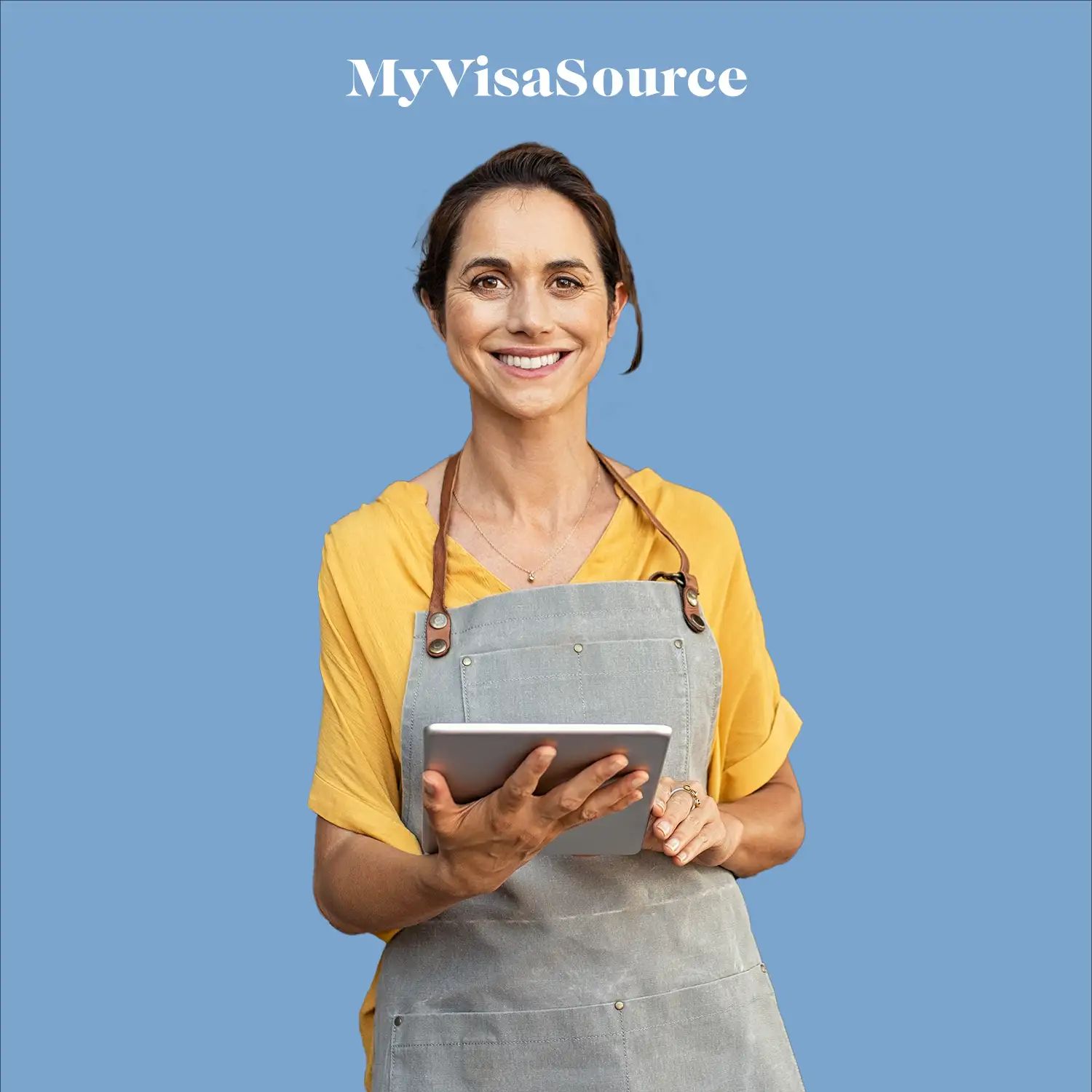Immigration, Refugees and Citizenship Canada (IRCC) defines a business visitor as “someone who comes to Canada to engage in international business activities without directly entering the Canadian labour market.” Overall, the goal of Canadian business immigration programs revolves around the economic development of the country, especially in sectors that require investment or will help the country transition toward more modern, hi-tech, and high-growth industries.
There are quite a few federal and provincial programs available for those seeking to come to Canada for business and investor immigration or as a business visitor. The following five steps are commonplace, regardless of the immigration stream you choose to apply through.
1) Determine Your Eligibility
The first step is to check out the requirements you must meet in order to be considered for the business program that interests you. Business immigration streams in PEI will have different requirements than those in Ontario. Often, the biggest variable has to do with the amount of trade or investment you’re bringing into the region.
Larger economic provinces will likely require a higher minimum level of investment or trade to be considered for business immigration. Depending on the needs of the province, or the country as a whole, certain sectors of investment will be more welcoming than others.
In addition to considering the prerequisites of individual programs, you should always double check the basic requirements for any visitor to Canada. There are a variety of reasons listed that bar anybody, regardless of financial status, from entering the country. These and other universal requirements should also be considered before you start the process.
2) Choose the Program that Best Fits Your Business
After you’ve been through the litany of options presented to foreign nationals interested in coming to Canada for business immigration, you need to choose the program (sometimes referred to as 'streams' or 'categories') that works best for the type of business that you plan to expand into Canada. Selecting the business stream that matches your expertise will improve the odds of your application being accepted.
Another important thing to discern are those industries that Canada and her provinces seek to grow. For the most part, high-tech industry is welcome across the land, as is healthcare, education, and skilled labour.
On the other hand, if you apply as a business immigrant to Nova Scotia within the lobster fishery industry, there’s a good chance that this well-represented sector will be less receptive.
3) Collect the Appropriate Paperwork
Perhaps the most tedious part of the business immigration process is all the paperwork that’s needed to prove that you meet the various requirements of the business stream through which you're applying.
In addition to detailed financial statements, business plans and other economic information, you’ll need to fill out various forms and prepare appropriate payments for your application. Finally, government issued identification must also be submitted, along with proof of experience and any degrees or certificates that support your case.
It’s a good idea to give yourself plenty of time to collect all the needed documentation and comb through the paperwork to ensure there aren’t any omissions or mistakes that could jeopardize your application. Also make sure that you keep copies for yourself, in case anything somehow becomes misplaced.



















